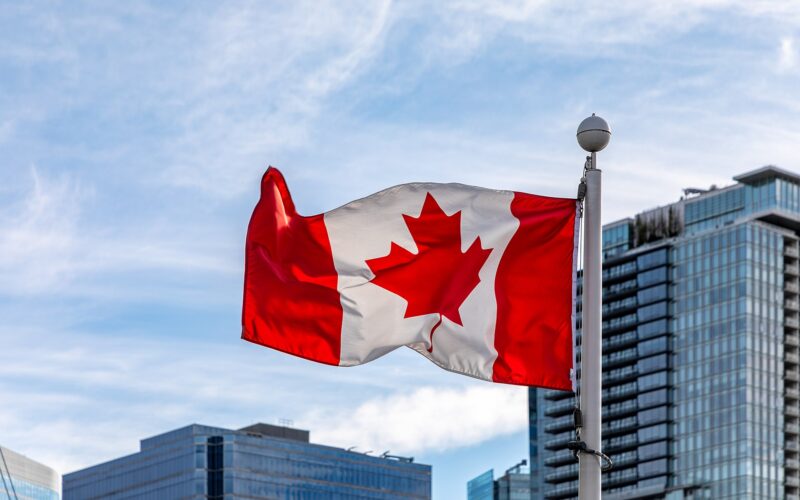
NZ producers ask McClay to take legal action on skimmed milk powder moves.
Dairy trade tensions with Canada continue to mount, with the New Zealand industry demanding the government take legal action to head off a billion-dollar threat to high-value milk protein exports.
The Dairy Companies Association has written to Trade Minister Todd McClay pressing him to “urgently” take a case to the World Trade Organisation to stop subsidised Canadian dairy exports undercutting its members in the United States and other global markets.
DCANZ has longstanding concerns about Canada’s Milk Class 4 (a) system of subsidising milk production and its impact on international skimmed milk powder markets.
But the surpluses of subsidised milk protein created by the milk classification, previously converted into SMP by Canadian processors, are spilling over into markets for higher-value milk protein concentrates and isolates.
That threat has grown since the Canadian government last September earmarked $400 million to invest in the country’s dairy factories over the next 10 years.
“We are seeing increased investment to expand Canada’s production capacity and Canadian exporters targeting our members’ high-value customers.
“We anticipate this will continue so long as Canada’s policy goes unchecked, and result in increasing losses to unsubsidised NZ dairy exporters,” the letter said.
Unless action is taken, DCANZ said, there is an “immediate risk” to $500m in sales of milk protein concentrates and isolates to the US, while $400m of casein sales would also eventually come under threat. Total NZ dairy exports to the US in the year to May 2024 were $1 billion.
The average export price for milk protein concentrates was $13,000 a tonne in 2023, compared to $4800 for SMP.
“Our experience is that export subsidies significantly erode market opportunities and export returns, particularly where there is a trend of rising volumes,” DCANZ wrote.
“We therefore consider this issue as increasingly urgent.”
DCANZ said the issue also has the potential to derail one of the government’s key economic goals.
“The market values involved for NZ are such that any delay to action will result in an increasing drag on ambitions to double the value of total exports,” DCANZ said.
McClay told Farmers Weekly he had raised these concerns with his Canadian counterpart at the WTO trade ministers meeting in Abu Dhabi in March.
However, he wants to meet industry representatives before committing to a WTO lawsuit.
“We will be able to have a better idea of the impact it is having on them at that stage.
“It is clear, though, that what Canada is doing is having an impact on some markets, or could.”
Canada is known as a stout defender of its supply management system, of which Milk Class 4 (a) is the latest iteration.
NZ needs to be sure it has a sound case, McClay said.
“We have got to be sure in whatever we are doing we quantify and demonstrate harm but I am more than sympathetic to the concerns of the sector.”
Meanwhile, NZ is continuing to fight Canada over its refusal to abide by a legal ruling to open its domestic dairy markets to NZ exporters.
A panel of judges last September ruled against Canada, finding it had failed to meet its obligations under the Comprehensive and Progressive Agreement for Trans-Pacific Partnership (CPTPP) by allocating the bulk of import quota created for NZ exporters to local processors instead.
Exporters estimated their failure to get their hands on the low-tariff quota cost them $120m in lost earnings in the trade agreement’s first three years.
In response to the ruling Canada created a new allocation method, which came into effect on May 1.
McClay said he told his Canadian counterpart last month that NZ believed it had still failed to comply with the CPTPP’s rules.
“I made it clear to them that we are looking at what other action we can take and we would like formal consultation.”
Article 28.20.1 of CPTPP states where one country believes a ruling hasn’t been complied with it can request formal consultations with the non-compliant country.
Consultations would be to agree “mutually acceptable compensation” by the non-compliant country.
If there is still no agreement, retaliatory tariffs can be imposed.
McClay said: “The amount of trade we are missing out on might not seem significant in the scheme of things but it is still a matter of principle.
“Both sides entered into CPTPP knowing their obligations and Canada has an obligation to meet those just as we do to them.”
You can now read the most important #news on #eDairyNews #Whatsapp channels!!!
🇺🇸 eDairy News INGLÊS: https://whatsapp.com/channel/0029VaKsjzGDTkJyIN6hcP1K






















